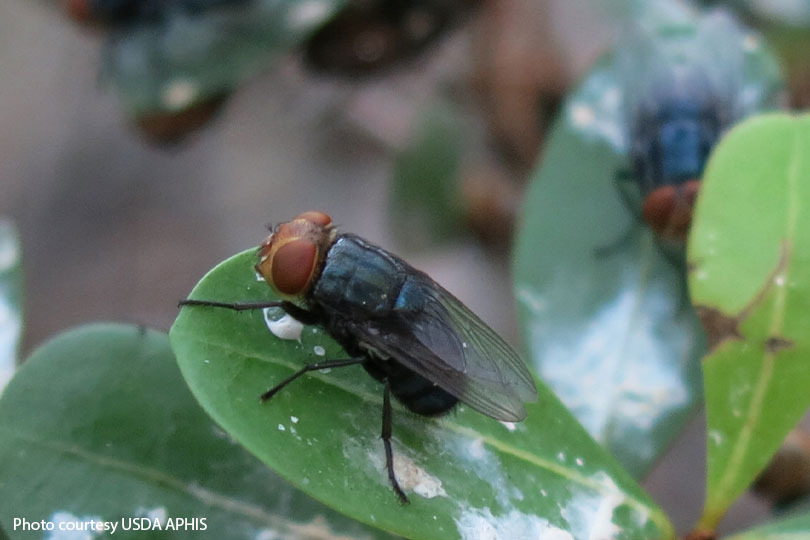By Julie Tomascik
Editor
A group of Congressional lawmakers is urging federal agencies to fast-track approvals of anti-parasitic treatments for livestock in response to the growing threat of the New World screwworm (NWS).
U.S. Rep. Tony Gonzales of Texas and U.S. Rep. Kat Cammack of Florida are leading the effort, calling for swift action to protect U.S. livestock as the screwworm moves closer to the southern border.
The lawmakers sent a letter to U.S. Health and Human Services Secretary Robert F. Kennedy Jr., urging coordination between his agency, the U.S. Department of Agriculture (USDA), the Environmental Protection Agency (EPA) and pharmaceutical manufacturers.
“The letter highlights the serious health and economic risks posed by NWS, which is moving north through Mexico and approaching the U.S. border,” Gonzales said.
The lawmakers are pressing HHS to expedite approvals for antiparasitic treatments—such as ivermectin, doramectin, permethrin and coumaphos—that are proven effective abroad but lack proper U.S. labeling. The letter cited the successful 2016 emergency approval of doramectin as a model and call for coordinated action with USDA and EPA to match USDA’s new five-pronged strategy, including the sterile fly dispersal facility planned in South Texas.
“Fast-tracking approvals for anti-parasitic treatments for livestock is another important step we must take to protect our livestock industry from the New World screwworm,” Gonzales said. “From introducing the STOP Screwworms Act and leading funding efforts through my seat on the House Appropriations Committee to working alongside USDA Secretary Brooke Rollins to launch a facility focused on screwworm eradication efforts—I am determined to do everything possible to eliminate this deadly parasite.”
USDA estimates that a New World screwworm outbreak in Texas alone could cost producers $732 million per year and result in a total economic loss of $1.8 billion for the state.
“Time is of the essence, as there are safe, effective treatments already in use around the world that U.S. producers cannot legally deploy because of outdated or incomplete labeling,” Cammack said. “By working hand-in-hand with USDA and EPA, HHS can cut through bureaucratic red tape to ensure that veterinarians, ranchers, and wildlife managers have the tools they need before an outbreak hits.”
Other lawmakers signing the letter include U.S. Reps. Tracey Mann and Brian Babin of Texas, as well as Derek Schmidt of Kansas, David Valadao of California, Josh Brecheen of Oklahoma and Michael Guest of Mississippi.


Thank you this is exactly what needs to be done , thank you.again!!!